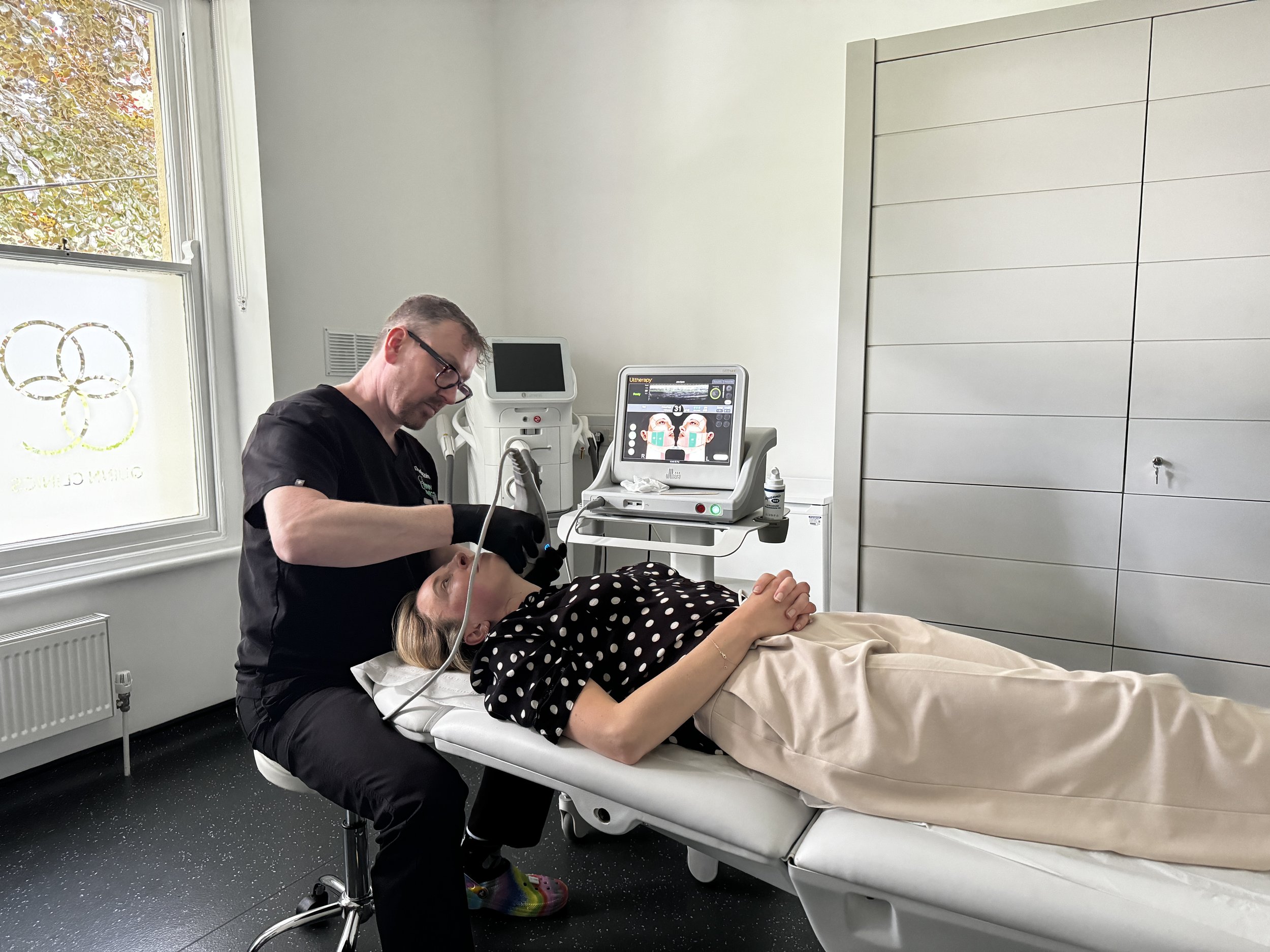Government Announces Crackdown on Unsafe Aesthetic Procedures
The UK government has unveiled new plans to regulate the aesthetics industry, targeting unsafe practices that have left patients injured, scarred or requiring urgent NHS care. Under the proposed measures, only qualified healthcare professionals will be allowed to perform the most high-risk procedures, including non-surgical Brazilian butt lifts. These treatments must take place in Care Quality Commission registered clinics.
Lower-risk procedures such as Botox and lip fillers will come under a local authority licensing scheme. Practitioners will be required to meet strict standards in training, hygiene and insurance. Enforcement will include penalties for those operating outside the new rules. The changes follow widespread concern over unqualified individuals delivering invasive treatments in homes, hotels and unregulated clinics.
Health Minister Karin Smyth said the industry has long operated like a Wild West, with countless horror stories of harm caused by rogue practitioners. “This government is taking action to protect those seeking treatments, support honest and competent practitioners, and root out the cowboys as part of our Plan for Change,” she said. “This isn't about stopping anyone from getting treatments. It's about preventing rogue operators from exploiting people at the expense of their safety.”
Caroline Larissey, Chief Executive of the NHBF, welcomed the announcement as a long-awaited step in addressing safety concerns. “We particularly welcome the tiered approach that recognises different risk levels across procedures, ensuring that legitimate, qualified practitioners can continue to operate while addressing the serious safety concerns posed by unqualified operators,” she said.
Dr Dev Patel, an aesthetic doctor and founder of Perfect Skin Solutions, added that for too long, undertrained individuals have been able to perform high-risk procedures with little oversight. “Introducing clear regulations that ensure only suitably qualified medical professionals can perform the most invasive treatments is a vital step forward,” he said, highlighting the dangers of serious complications from fillers injected into breasts or genitals.
Mark Elliott, President of the Chartered Institute of Environmental Health, also supported the move. “We welcome the introduction of improved regulation and a new scheme of licensing,” he said. “We look forward to continuing to work with the government to achieve a licensing scheme that includes the full range of procedures covered in the original consultation.”
The government will prioritise regulating the highest-risk procedures first, with a public consultation expected early next year. These steps form part of a broader commitment to raise standards, reduce NHS costs, and ensure that both patients and reputable professionals are protected.







